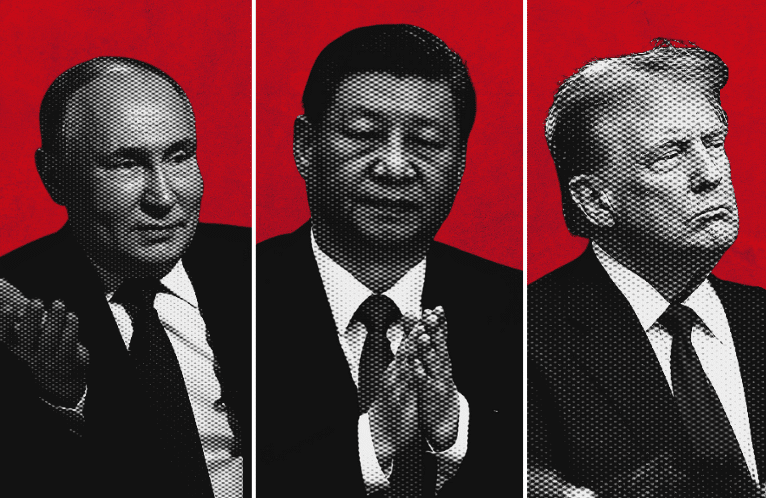The Taiwan-North Korea Dynamic: An Interview with Dr. Shuxian Luo
China Calls for Steps to Ease Tensions on Korean Peninsula
China on Monday hoped for an easing of tension on the Korean Peninsula against the backdrop of a sensitive and complex situation.
Foreign Ministry spokesman Hong Lei made the remarks when asked to comment on the shutdown of an inter-Korean industrial zone last week.
The Democratic People’s Republic of Korea (DPRK) decided Thursday to shut down the Kaesong Industrial Zone and deport all people from the Republic of Korea (ROK) staying there. All assets of ROK companies operating there were frozen.
The move came a day after ROK announced its decision to stop operations at the zone, which started manufacturing products in December 2004.
Pyongyang launched a satellite-carrying rocket, which Seoul sees as a cover for a long-range ballistic missile, on Feb. 7 after conducting its fourth nuclear test on Jan. 6.
Under UN Security Council resolutions, the DPRK is banned from firing any kind of ballistic missile.
The United States and the ROK have decided to discuss deployment of an advanced U.S. missile defense system, Terminal High Altitude Area Defense (THAAD), on the Korean Peninsula. As one of the most advanced missile defense systems in the world, THAAD can intercept and destroy ballistic missiles inside or just outside the atmosphere during their final phase of flight.
China has serious concerns over a sophisticated U.S. anti-missile system on the peninsula, said Hong at a regular press briefing.
THAAD goes far beyond the defense needs of the peninsula and the coverage would penetrate deep inside the continental Asia, he said.
“It will cause immediate damage to the strategic security interests of China and other Asian countries,” he added.
China firmly opposes use of Korean Peninsula nuclear issue to undermine China’s national security interests, said Hong.
China will continue to steadfastly promote denuclearization of the peninsula and is committed to solving the issue through dialogue and negotiation, he said.
The focus of the Korean Peninsula nuclear issue is between the U.S. and the DPRK, he said, urging communication and negotiation between the two sides.
Feb. 15, 2016 on XinhuaNet
Read more here








